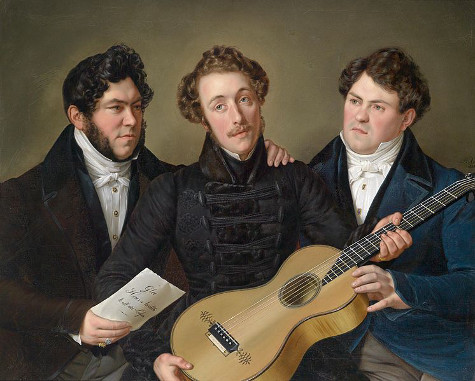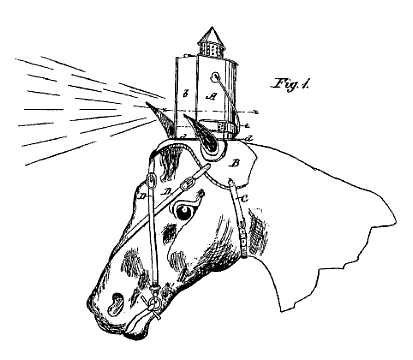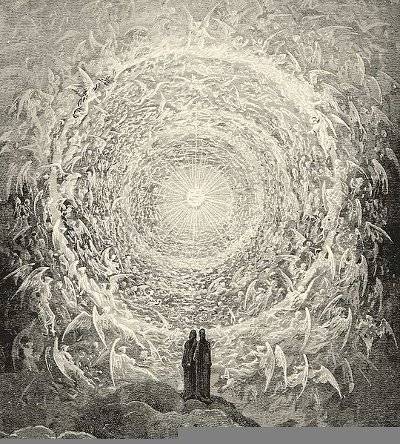drogulus
n. an entity whose presence is unverifiable because it has no physical effects
A.J. Ayer coined this word spontaneously while describing his “principle of verification” during a 1949 broadcast:
Suppose I say, ‘There’s a drogulus over there’ and you say … ‘What’s a drogulus?’ ‘Well,’ I say, ‘I can’t describe what a drogulus is, because it is not the sort of thing you can see or touch. It has no physical effects of any kind, but it’s a disembodied being.’ And you say, ‘Well, how am I to tell if it’s there or not?’ and I say, ‘There’s no way of telling. Everything’s just the same if it’s there or it’s not there. But the fact is it’s there. There’s a drogulus there standing just behind you.’ Does that make sense?
“Talk about obscure words!” writes lexicographer Norman Schur. “Have we finally met the man who wasn’t there?”
As I was going up the stair
I met a man who wasn’t there.
He wasn’t there again today.
I wish, I wish he’d stay away.
— Hughes Mearns
Curiously, Ayer himself seems to have confirmed at least one sighting. In 1959, Lionel Penrose wrote in New Biology, “I had difficulty in finding a suitable name for the activated complexes produced in [certain] experiments. On showing one of them to Professor A. J. Ayer, I inquired whether it perhaps might be a ‘drogulus’ … He replied that it was undoubtedly a ‘drogulus’.”








